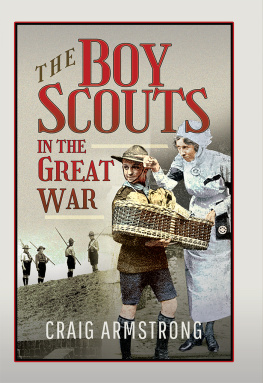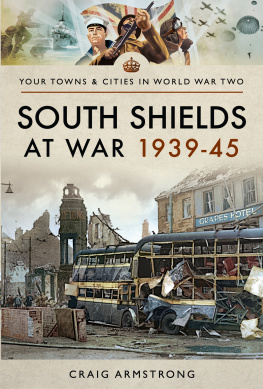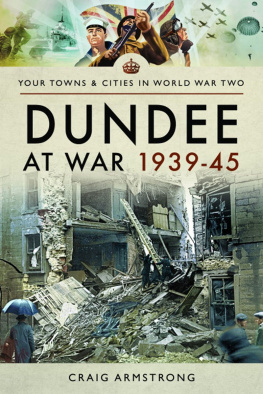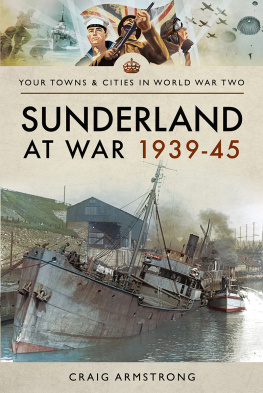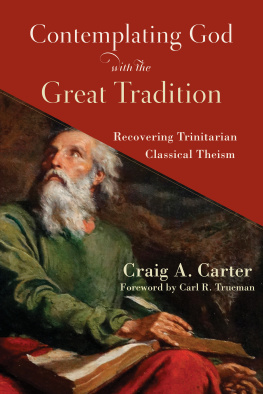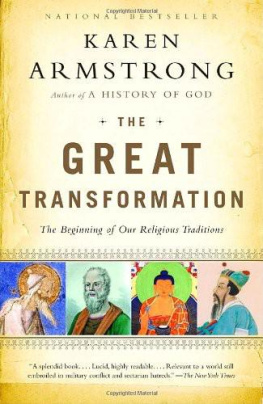First published in Great Britain in 2016 by
PEN & SWORD MILITARY
an imprint of
Pen and Sword Books Ltd
47 Church Street
Barnsley
South Yorkshire S70 2AS
Copyright Craig Armstrong, 2016
ISBN: 978 1 47382 739 4
PDF ISBN: 978 1 47387 522 7
EPUB ISBN: 978 1 47387 521 0
PRC ISBN: 978 1 47387 520 3
The right of Craig Armstrong to be identified as the author of this work has been asserted by him in accordance with the Copyright, Designs and Patents Act 1988.
A CIP record for this book is available from the British Library
All rights reserved. No part of this book may be reproduced or transmitted in any form or by any means, electronic or mechanical including photocopying, recording or by any information storage and retrieval system, without permission from the Publisher in writing.
Printed and bound in England
by CPI Group (UK) Ltd, Croydon, CR0 4YY
Typeset in Times New Roman by Chic Graphics
Pen & Sword Books Ltd incorporates the imprints of
Pen & Sword Archaeology, Atlas, Aviation, Battleground, Discovery, Family History, History, Maritime, Military, Naval, Politics, Railways, Select, Social History, Transport, True Crime, Claymore Press, Frontline Books, Leo Cooper, Praetorian Press, Remember When, Seaforth Publishing and Wharncliffe.
For a complete list of Pen and Sword titles please contact
Pen and Sword Books Limited
47 Church Street, Barnsley, South Yorkshire, S70 2AS, England
E-mail:
Website: www.pen-and-sword.co.uk
CHAPTER 1
1914
Pre-War Alnwick
Alnwick was (and remains) the county town of Northumberland, and as the seat of the Dukes of Northumberland always had considerable influence within the county. Sited amidst a rich agricultural district, and with a number of wealthy residents in the town and its hinterlands, the town had an air of prosperity about it. Industrially the town was reliant upon agricultural engineering and lacked heavy industry almost entirely. The main factories produced snuff and tobacco and there were a number of brewers and maltsters; the town also possessed a small foundry works, the Alnwick Foundry & Engineering Company Ltd, which catered for local ironwork.
Two markets were held weekly; the first being a general market which was held on a Saturday and the second a cattle market held on Mondays. In addition to these there were several agricultural fairs held in the town: for sheep, cattle and horses on the last Monday in April and the first Monday in October; lamb and wool on the second Monday in July; and hirings fairs (for agricultural workers) held on the first Saturday in March, the first Monday in May and the first Saturday in November.
The town housed a newly built infirmary, which was opened in 1908, in South Road which consisted of separate in-patient and outpatient wings. The in-patient wing could hold around fourteen patients whilst the out-patients had a dispensary, surgery, operating theatre and waiting room. There was also an administration block which had the governors rooms, sitting rooms, bedrooms and bathrooms.
Although subject to the county council, Alnwick was largely governed by Alnwick Urban District Council. The Council met on the first Tuesday of every month at Green Batt and at the start of the war was chaired by Mr Joseph Lingwood, who was librarian of the Alnwick Scientific & Mechanical Institute on Percy Street. The vice-chair was Adam Douglas, a local solicitor who acted as register and clerk to several nearby local authorities and organisations.
The Rush to the Colours and other Military Affairs
Just a day after the declaration of war the men of the National Reserve of Alnwick and District held their annual rifle shooting competition for a silver trophy and cash prizes to the value of 28 which had been donated by local members of the gentry and tradespeople. Special prizes provided by the employees of Hardy Brothers were also awarded for the best shots at the respective two ranges. The competition took place at the rifle ranges on Alnwick Moor and consisted of target shooting at targets over ranges of 200 and 500 yards (7 shots at each). The overall winner was S. Egdell of Shilbottle (he scored the most points at 200 yards and tied with M.B. Goodfellow at 500 yards). The special prize for 200-yard shooting was won by the commanding officer Captain R. Henderson (he deferred his prize to the second placed man, William Jobson) and the 500-yard special prize was won by M.B. Goodfellow who was described as a long tried marksman. The prize-giving ceremony and a celebratory dinner took place at the Nags Head Hotel.
A major concern at the time was that the numbers of men coming forward for military service in rural areas was lagging significantly behind those in urban areas. Lieutenant Colonel Dudley W. Buckle of Breamish House, Powburn, wrote to the local press stating that in his capacity of supporting Lord Roberts scheme for universal service he had toured many areas of rural Northumberland and that he too was concerned over this. He claimed that the last meeting he had addressed (along with several other members of the local gentry with military connections) for the purpose of recruitment into both regular and territorial services had seen an overflowing audience but that the meeting resulted in the recruitment of only one recruit! Colonel Buckle blamed, in many cases, the family and friends of young men who discouraged them from following their initial enthusiasm for military service. Colonel Buckle believed that some mild form of compulsion might be utilised to compel some of these healthy young men to serve. Clearly this was an extremely unpopular view at the time as the British had always been resistant to compulsory military service and many in the farming areas would argue, not altogether untruthfully, that a number of Colonel Buckles healthy young men were already making a worthwhile contribution to the war effort in producing food for the nation.
As the headquarters of the 1/7th (Territorial) Battalion, Northumberland Fusiliers, the town of Alnwick already had a military presence, with the men of the territorials meeting for drill sessions at the drill hall on Fenkle Street. As many more men came forward for wartime service the town found itself being used as a substantial billet for the men of the battalion. Although originally recruited for home service only, the vast majority of the men (many of whom had previous military experience) had voluntarily agreed to serve abroad for the duration of the war. Quickly mobilised, the men of the 1/7th were sent by train to their main camp (via Whitley Bay) which was speedily established at Gosforth Park near Newcastle.
Whilst many local men already served in the territorials there was a rush from those who were eager to see some wartime service. The demand for recruits was such that a recruitment office was set up during the first week of the war in the Town Hall and it was announced that this would be open for men seeking to serve King and Country from 9 am to 1 pm each day. Initially men aged 19 to 25 were asked for alongside those who were ex-soldiers of the special reserve aged up to 35 and former soldiers of not less than four years service up to 42 years old. The system initially resulted in men who wished to find out terms of service, etc, going to the drill hall where they would be briefed by the officer in command before going to the Town Hall to actually enlist. The scheme in Alnwick was organised by Colonel Sitwell and solicitor Mr Hugh J. Percy. Many of the men with former military experience would form the backbone of a much-needed corps of NCOs within Kitcheners New Army. Men such as Mr George H. Dryden from Berwickshire who had seen service in the Berwick Rifles from 1897 to 1907 and, later, the territorials. A fine shot, he was quickly promoted to Sergeant and posted to the camp at Alnwick in August. As batches of men were despatched to the main camp at Gosforth Park there were several parades through Alnwick to the railway station. Each was accompanied by a band and attracted crowds of townsfolk eager to show their support.





